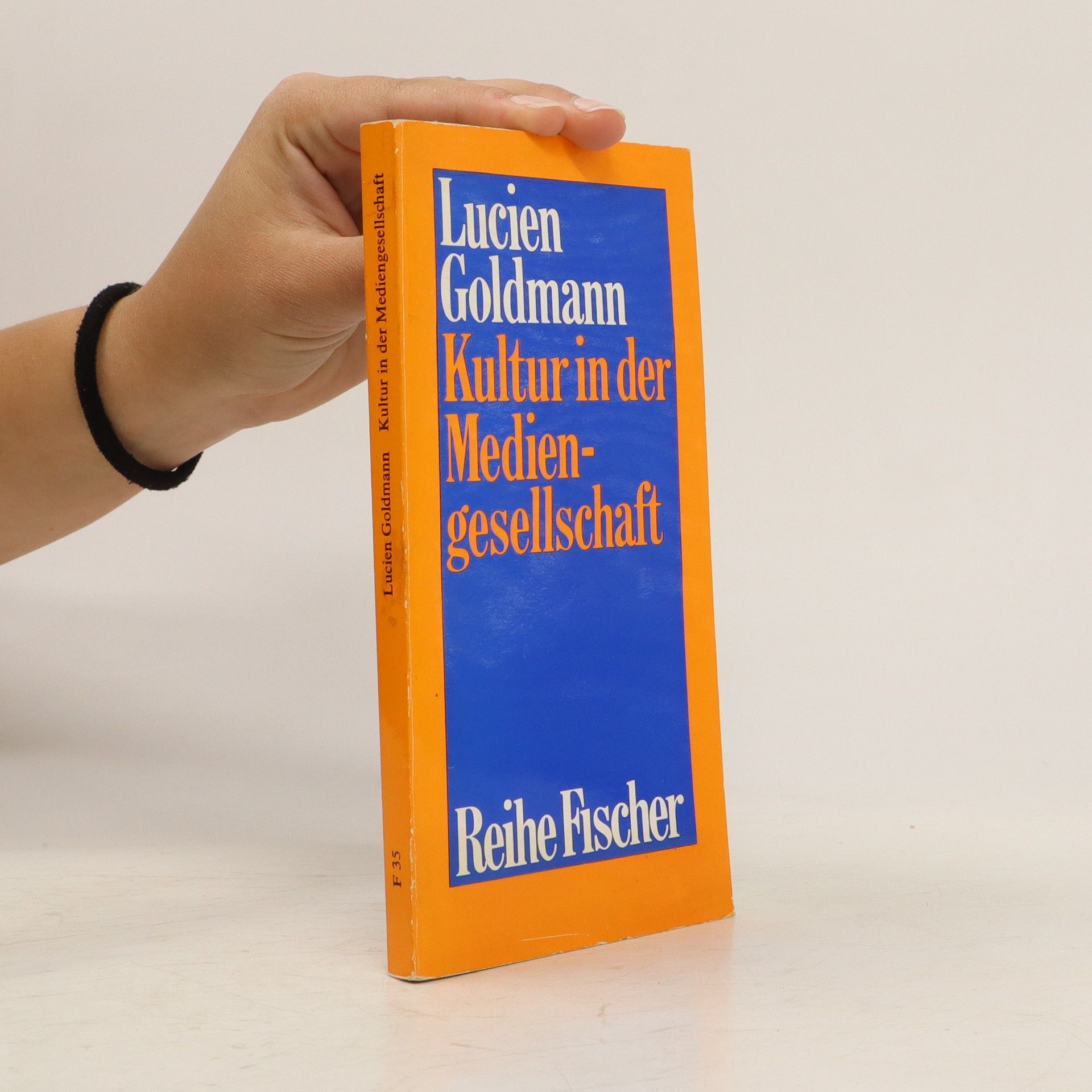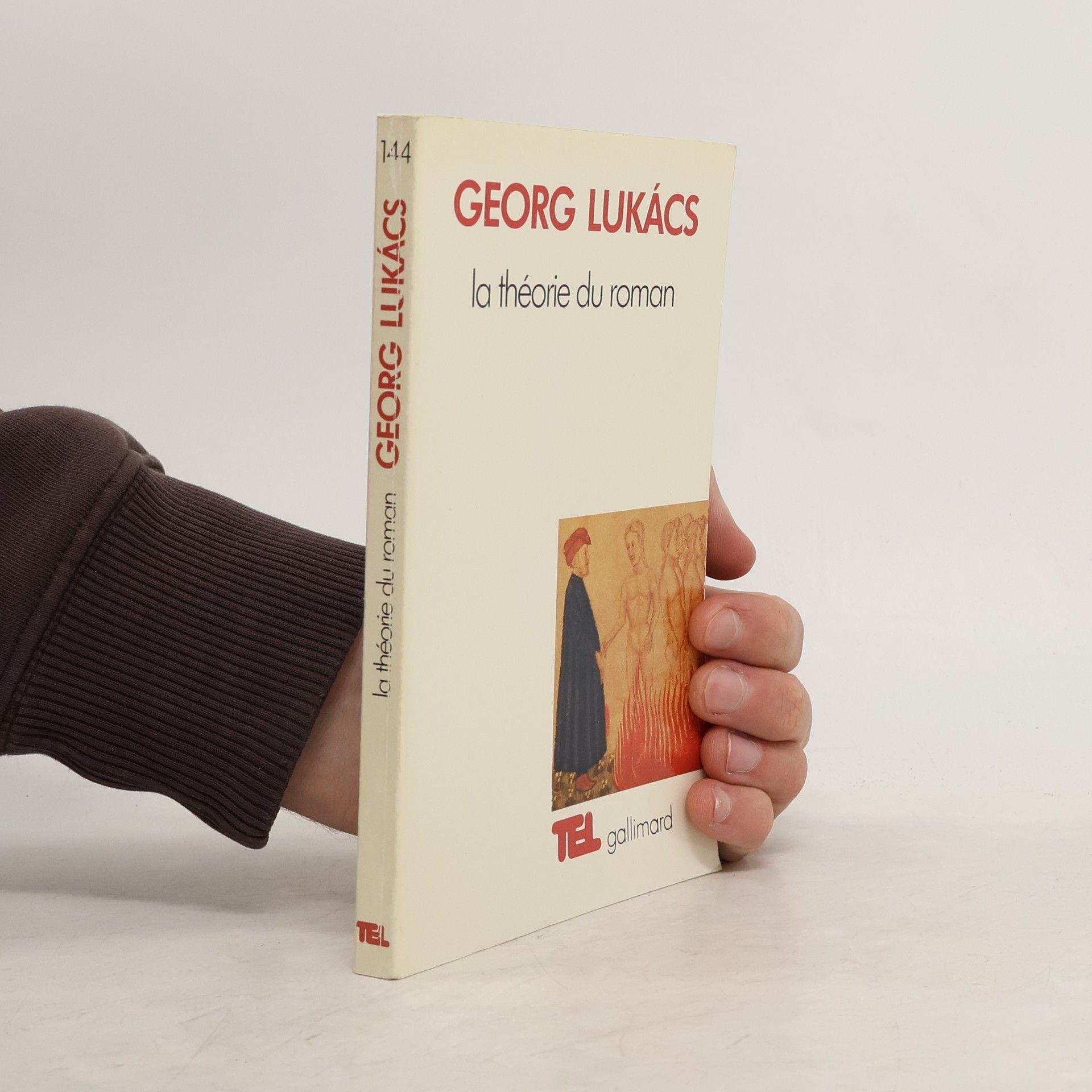Lucien Goldmann Bücher
Lucien Goldmann war ein französischer marxistischer Theoretiker, der Soziologie und Philosophie verband. Seine Arbeit befasste sich mit tiefgreifenden Fragen der menschlichen Existenz und Gesellschaft, oft mit Betonung der Beziehung zwischen Individuum und Kollektiv. Goldmann versuchte zu verstehen, wie philosophische und literarische Ideen in spezifischen sozialen und historischen Kontexten geformt werden. Sein Ansatz bietet eine einzigartige Perspektive auf die Wechselbeziehung zwischen der inneren Welt des Menschen und externen gesellschaftlichen Strukturen.







Lukács und Heidegger
- 194 Seiten
- 7 Lesestunden
Dialektik der Befreiung
- 172 Seiten
- 7 Lesestunden
Soziologie des Romans
- 257 Seiten
- 9 Lesestunden
Studie über die tragische Weltanschauung in den 'Pensées' Pascals und im Theater Racines
Kultur in der Mediengesellschaft
- 123 Seiten
- 5 Lesestunden
Le Dieu caché
Étude sur la vision tragique dans les Pensées de Pascal et dans le théâtre de Racine
- 462 Seiten
- 17 Lesestunden
L'idée centrale de l'ouvrage est que les faits humains constituent toujours des structures significatives globales, à caractère à la fois pratique, théorique et affectif, et que ces structures ne peuvent être étudiées de manière positive, c'est-à-dire à la fois expliquées et comprises, que dans une perspective pratique fondée sur l'acceptation d'un certain ensemble de valeurs.
La théorie du roman
- 210 Seiten
- 8 Lesestunden
Cet essai esthétique du jeune Lukács met en rapport les grandes catégories du genre romanesque et les étapes de l'histoire occidentale : des romans de chevalerie à Flaubert, Tolstoï et Dostoïevski en passant par Cervantes, les grands romans correspondent aux idéaux qui ont commandé à l'histoire de l'Europe. Il s'agit moins d'une sociologie de la littérature que d'une réflexion sur la philosophie des formes et sur leur enchaînement historique depuis la tragédie grecque et le genre épique jusqu'à l'aube de la réflexion contemporaine.



